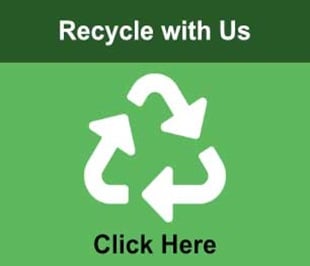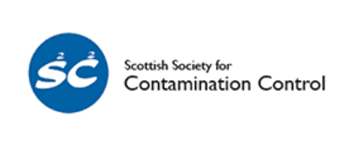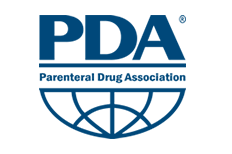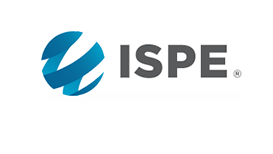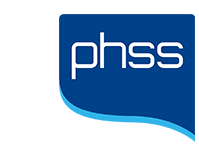CORONAVIRUS - HERE'S HOW TO PROTECT YOURSELF
J | Cleanroom Supplies Blogger
What is Coronavirus ?
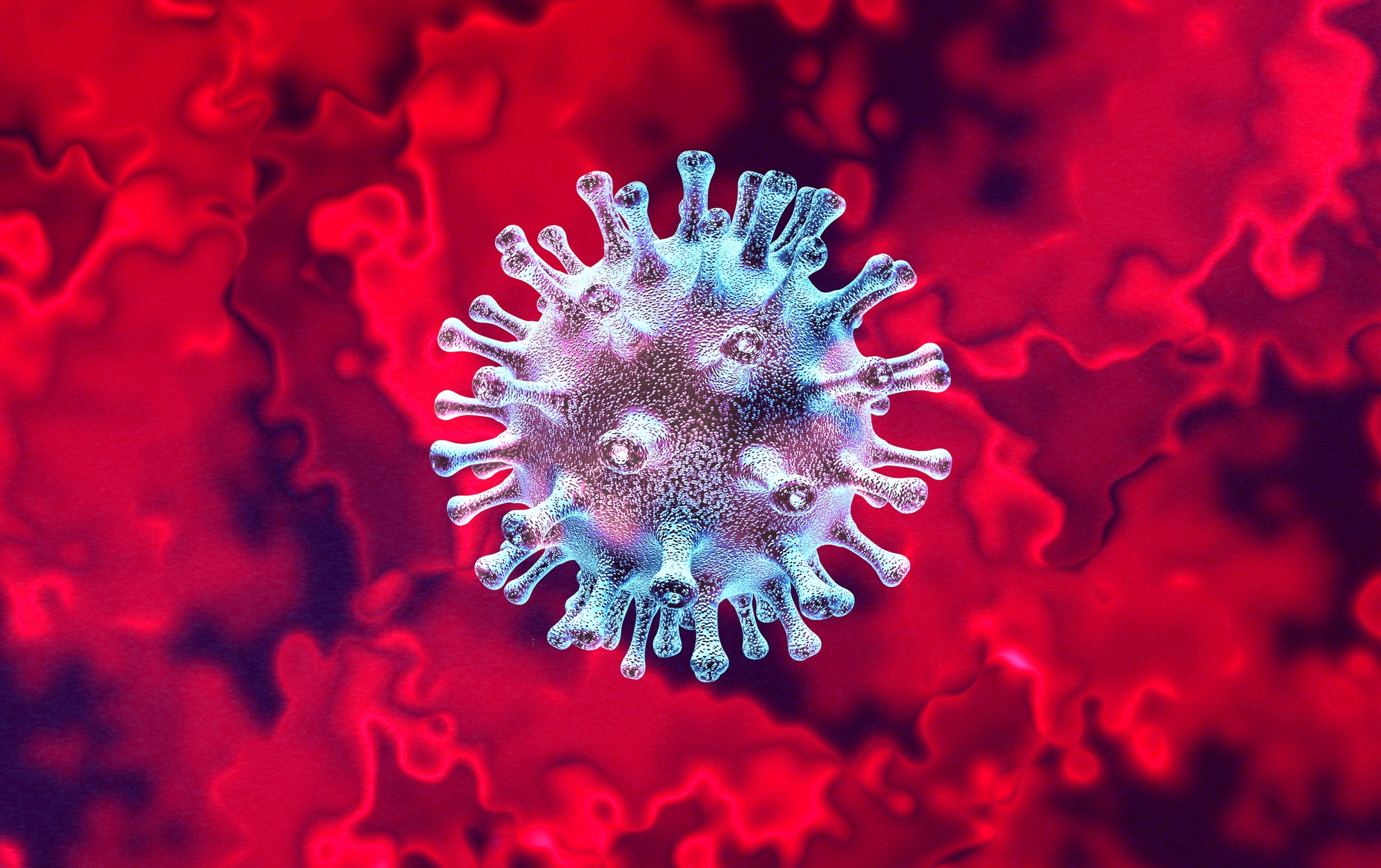
Coronavirus is a blanket term for a number of respiratory illnesses, including the common cold, flu & more severe viruses like SARS. The symptoms typically include trouble breathing, fever, coughing, headache and a sore throat.
Chinese health officials believed that this coronavirus was transmitted from animal to human, and they identified a food market in Wuhan with seafood and mammals as the likely source.
It was recently reported that the virus can spread from human to human.
It is rare that animal coronaviruses can evolve and infect people and then spread between people such as has been seen with MERS and SARS.
When person-to-person spread has occurred, it is thought to have happened via respiratory droplets produced when an infected person coughs or sneezes, similar to how influenza and other respiratory pathogens spread.
Spread of these type of viruses is generally between close contacts.
How deadly is Coronavirus?
As with any virus, risk increases when there are further complications.
For people who have severe cases, it can turn into pneumonia, kidney failure and even death, according to the World Health Organization.
People with compromised immune systems — the elderly, babies, pregnant women and people with certain medical conditions — are more at risk for complications associated with coronavirus or the flu, so it is best to be mindful if you are or are often around people with these conditions in order to help keep them healthy,
How Can I Protect Against Coronavirus?
There are currently no vaccines that can prevent the transmission of this coronavirus, though the CDC said Tuesday that there are “active conversations” going on with the National Institutes of Health about developing a vaccine.
For now, the best way people can protect themselves is with basic hygiene. See the CDC Recommendations here.
recommends that people wash their hands often with soap and water, lathering for at least 20 seconds. They also say to avoid people who are sick, and for people to not touch their face with unwashed hands.
Will Wearing A Mask Protect Me?
The short answer is , yes, to a degree.
Most viruses are transmitted by being carried in the air, and most surgical type masks are typically too loose, and leave the eyes exposed.
However, the masks could help lower the risk of contracting a virus through the “splash” from a sneeze or a cough and provide some protection against hand-to-mouth transmissions.
A surgical mask, also known as a procedure mask, is intended to be worn by health professionals during surgery and during nursing to catch the bacteria shed in liquid droplets and aerosols from the wearer’s mouth and nose. They are not designed to protect the wearer from inhaling airborne bacteria or virus particles and are less effective than respirators, such as N95 or PP3 Masks NIOSH masks, which provide better protection due to their material, shape and tight seal.
Surgical mask are not classified as respiratory protective devices.
Surgical masks are popularly worn by the general public in East Asian countries to reduce the chance of spreading airborne diseases; in Japan, it is common to wear a face mask in flu season to avoid infecting others or being infected in public settings. In Japan and Taiwan, it is common to see these masks worn during the flu season, as a show of consideration for others and social responsibility.
For healthcare workers, safety guidelines recommend the wearing of a face-fit tested respirator mask conforming to United States standard NIOSH N95 or European standard EN 149 FFP3 in the vicinity of pandemic-flu patients, to reduce the exposure of the wearer to potentially infectious aerosols and airborne liquid droplets. The U.S Centers for Disease Control and Prevention (CDC) provides information on manufacturers’ products, and the importance of correct fitting of such masks (respirators). A printable fact sheet has been designed for issue to those unaccustomed to respirator us
The surgical masks are not considered PPE – and are therefore not CE marked.
To be effective at all masks need to be worn correctly, changed frequently and got rid of safely if they were to work properly.
Most experts agree the most effective technique to avoid catching a virus is employing good hygiene practices.
Wash your hands regularly, particularly after going to the toilet, before handling food and after coughing, sneezing or blowing your nose.
Keep your home clean and hygienic, particularly if a member of your family is unwell.
Is There A Risk From Imported Goods?
The human body is the ideal environment for viruses to survive. Once outside of the body, most viruses can only survive for a few hours.
Note the NHS information relating to the survival of viruses outside the human body (or animals).
So whilst there may be increased risk from imported livestock, or frozen meat or potentially frozen fruit, the risk of contamination spreading via the surfaces of products is not possible. Especially considering that the amount of time from manufacture to arriving on our shores is likely to be in excess of 4 to 5 weeks, for Ocean freight from China for example.

